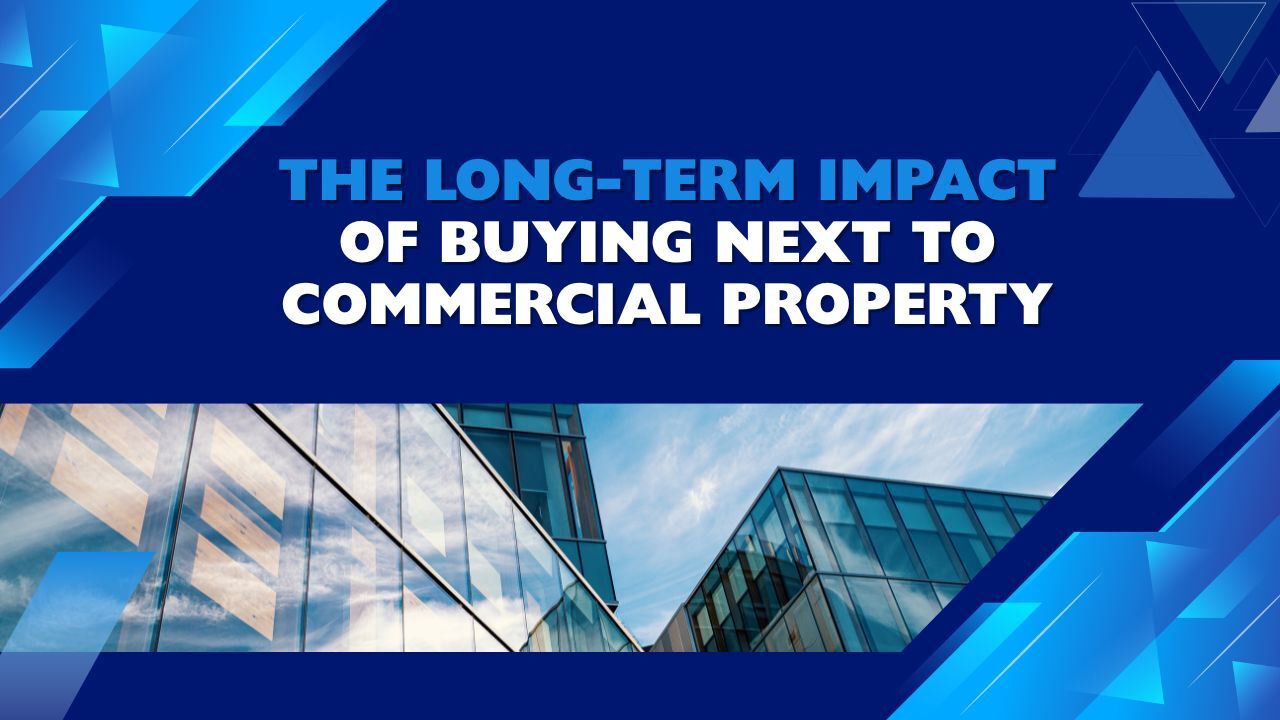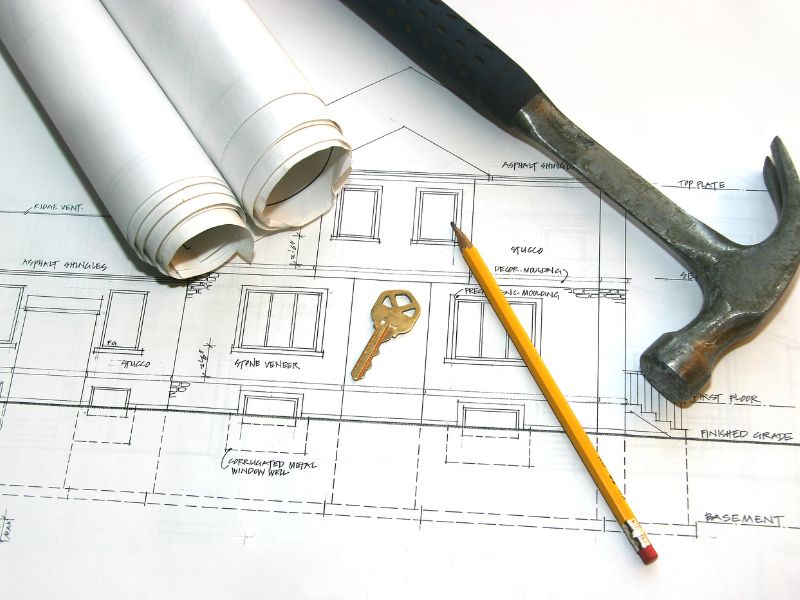
While many were optimistic about an additional rate cut, the Federal Reserve has decided to maintain current interest rates pending further data. They have previously stated that at least one more rate cut would follow the last one, but their stance now appears to depend on the availability of sufficient supporting data.
Recent Core PPI reports have also been released, and the data conflicted with earlier CPI and non-core PPI reports. The reports showed that inflation for producers along major production pathways has increased more than expected. This is likely to result in a noticeable increase in wholesale prices across the board.
Additionally, despite the policy intentions behind the tariffs, the trade deficit has remained firmly elevated amid recent policy changes. It is unlikely that even more significant tariff adjustments will lead to a narrowing of the trade deficit. Consumer confidence has also declined for another consecutive week, despite the economy continuing to show signs of strength.
Core PPI
The cost of wholesale goods and services rose sharply at the end of last year, underscoring that the battle against inflation is far from over as President Donald Trump names his pick for chair of the Federal Reserve. Producer prices jumped 0.5% in December, an index published by the government showed. The report was delayed by the government shutdown last fall.
Trade Deficit
The trade deficit fell a few months ago to a 16-year low, but it was fool’s gold. The U.S. is still running a trade gap near historically high levels. In November, the deficit almost doubled to $56.8 billion from just $29.2 billion in October.
Consumer Confidence
The stock market keeps hitting record highs, unemployment is low and the economy is growing surprisingly fast, but Americans were in a foul mood as the new year got under way. A long-running survey of consumer confidence fell in January to a 12-year low, dipping below even the worst readings during the pandemic.
Primary Mortgage Market Survey Index
- 15-Year FRM rates saw an increase of 0.05%, with the current rate at 5.49%
- 30-Year FRM rates saw an increase of 0.01%, with the current rate at 6.10%
MND Rate Index
- 30-Year FHA rates saw a decrease of -0.06%, with current rates at 5.79%
- 30-Year VA rates saw a decrease of -0.06%, with current rates at 5.81%
Jobless Claims
Initial Claims were reported to be 209,000 compared to the expected claims of 205,000. The prior week landed at 210,000.
What’s Ahead
Unemployment Data, Consumer Credit, and U.S. Hourly Wages are set to release next week, with an additional Consumer Sentiment report by the Univ. of Michigan.
 Choosing a home often means choosing a school district, and for many families, this becomes one of the most important parts of the homebuying process. A strong school district can support your child’s education, shape daily routines, and even influence long-term property value. As real estate professionals, we help families evaluate school districts not just academically but practically, so they can make a choice that supports both their lifestyle and their investment.
Choosing a home often means choosing a school district, and for many families, this becomes one of the most important parts of the homebuying process. A strong school district can support your child’s education, shape daily routines, and even influence long-term property value. As real estate professionals, we help families evaluate school districts not just academically but practically, so they can make a choice that supports both their lifestyle and their investment. When you are shopping for a home, it is easy to be distracted by features that look impressive during a showing but do not add much value to your everyday life. As real estate professionals, we see buyers fall in love with flashy upgrades that end up unused while overlooking practical features that make a home truly comfortable. Knowing which features are overrated and which ones buyers genuinely rely on can help you choose a home that fits your lifestyle instead of one that simply looks good online.
When you are shopping for a home, it is easy to be distracted by features that look impressive during a showing but do not add much value to your everyday life. As real estate professionals, we see buyers fall in love with flashy upgrades that end up unused while overlooking practical features that make a home truly comfortable. Knowing which features are overrated and which ones buyers genuinely rely on can help you choose a home that fits your lifestyle instead of one that simply looks good online. When you start shopping for a home, location becomes one of the most important factors in the decision-making process. One choice buyers often overlook is whether the home is located next to commercial property. At first glance, living near shops, restaurants, or offices may seem convenient. But as real estate professionals, we know that commercial neighbors can bring long-term benefits as well as long-term challenges. Understanding the full impact helps you decide whether the location supports your lifestyle and your investment.
When you start shopping for a home, location becomes one of the most important factors in the decision-making process. One choice buyers often overlook is whether the home is located next to commercial property. At first glance, living near shops, restaurants, or offices may seem convenient. But as real estate professionals, we know that commercial neighbors can bring long-term benefits as well as long-term challenges. Understanding the full impact helps you decide whether the location supports your lifestyle and your investment. The Federal Reserve’s preferred inflation indicator — the Personal Consumption Expenditures (PCE) Index — released under delayed conditions, but it was within expectations. Next week will be another Federal Reserve Rate Decision, and it is expected that the Federal Reserve will reduce rates at least one more time. The optimism among the broader market has been showing that multiple sectors that seem unphased by the administrative decisions and current political climate.
The Federal Reserve’s preferred inflation indicator — the Personal Consumption Expenditures (PCE) Index — released under delayed conditions, but it was within expectations. Next week will be another Federal Reserve Rate Decision, and it is expected that the Federal Reserve will reduce rates at least one more time. The optimism among the broader market has been showing that multiple sectors that seem unphased by the administrative decisions and current political climate.  Welcome to our consumer blog, where we delve into the finer details of real estate and homeownership. Today, we’re exploring the enticing realm of gated communities and why they might just be the perfect fit for your next home purchase.
Welcome to our consumer blog, where we delve into the finer details of real estate and homeownership. Today, we’re exploring the enticing realm of gated communities and why they might just be the perfect fit for your next home purchase. The interest rate you qualify for when securing a mortgage can make a huge difference in your financial journey. The good news is, that by understanding how credit scores impact mortgage rates and implementing strategic steps to boost your score, you can potentially unlock lower rates and save thousands of dollars over the life of your loan.
The interest rate you qualify for when securing a mortgage can make a huge difference in your financial journey. The good news is, that by understanding how credit scores impact mortgage rates and implementing strategic steps to boost your score, you can potentially unlock lower rates and save thousands of dollars over the life of your loan. Want to upgrade your home but short on cash? Home improvement loans can help! They’re like a financial boost for fixing up your place without draining your savings. But with so many options, how do you pick the right one? Let’s review the options.
Want to upgrade your home but short on cash? Home improvement loans can help! They’re like a financial boost for fixing up your place without draining your savings. But with so many options, how do you pick the right one? Let’s review the options. Inflation reports have shown their cards, and they have come in line with expectations. These newer reports rely on less data from sources overall, which is why the PCE Index remains the Federal Reserve’s preferred inflation indicator—and that distinction is even more relevant now.
Inflation reports have shown their cards, and they have come in line with expectations. These newer reports rely on less data from sources overall, which is why the PCE Index remains the Federal Reserve’s preferred inflation indicator—and that distinction is even more relevant now.